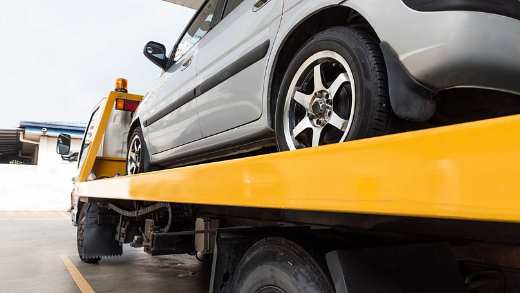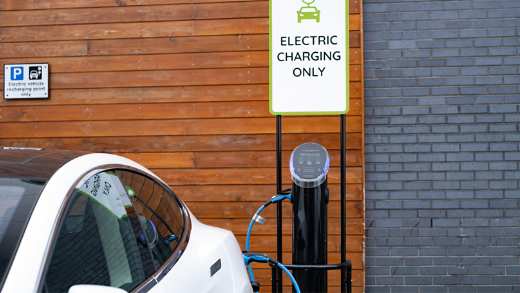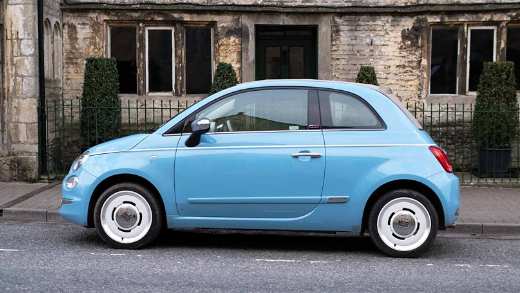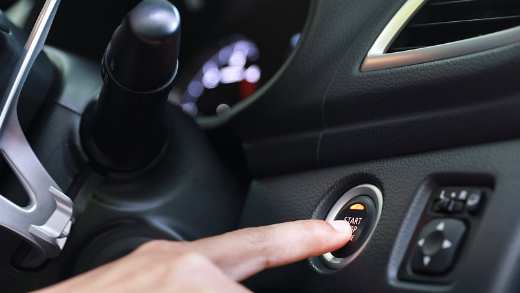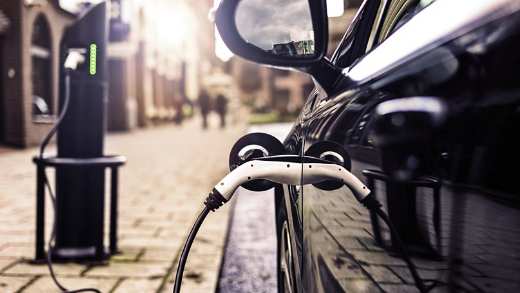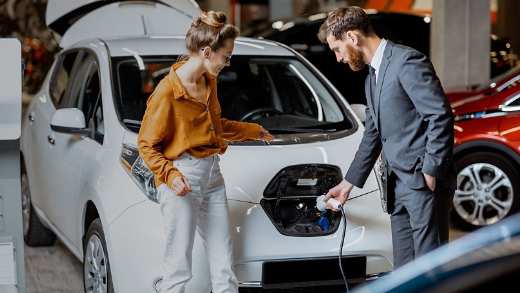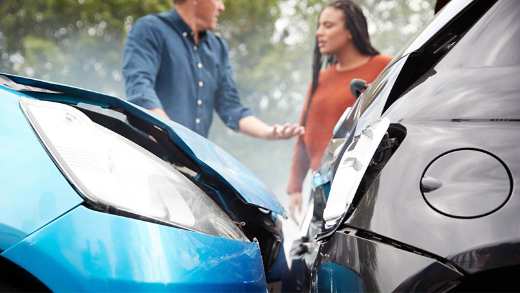Buying a second-hand electric car

Buying a used car always takes a bit of savvy – whether you’re looking for a top-of-the-range bargain or a trusty old banger. While many of the pre-owned electric vehicles don’t have excessive miles on the clock, it’s still a good idea to be as choosy as possibly when finding one that works for you – especially if you’ve never bought an EV before.
We asked Ginny Buckley, Founder and CEO of Electrifying.com, what EV-specific checks you should add to your tick list before you drive a used electric home.
Don’t stress about battery life
Batteries tend to have warranties of 8 or more years, depending on the manufacturer. For example, Citroën electric cars come with a warranty that guarantees 70% battery capacity for 100,000 miles or 8 years. Footnote [1] So, a battery could still be under warranty – even if other parts of the car aren’t. That means you should be able to get any repairs done for free, or get a replacement, should anything go wrong.
If the battery is out of warranty, a more in-depth diagnostic health check is good idea, to check everything is working well. The main local dealer for each brand of electric car should be able to help you. They may charge, but it could save you some serious money if the battery needs replacing soon. It’s worth noting that battery failures are extremely rare – even in older cars – and any obvious degradation in capacity is easy to detect.
Where to buy a second-hand electric car
Like any second-hand vehicle, it’s always best to buy from a well-established dealership. If you’re lucky you may even have an EV specialist dealer in your area. Of course, you can buy through private individuals selling their used EV, but there is a higher risk should anything go wrong.
Compare the price of new and used electric cars
As electric cars hold their value much better than petrol of or diesel, it’s worth comparing the cost to buy. You may find it’s better value to buy or lease a new car instead.
The upfront cost of buying a new electric vehicle is higher on average than the engine-based alternatives, but it could lead to some surprising savings over the lifetime of the car. Charging is significantly cheaper than refuelling, which helps offset the higher price tag. If leasing is an option that works for you, then you won’t be responsible for most maintenance costs and what you can save could increase further still.
Working out the Total Cost of Ownership (TCO) over the time you expect to drive the car will give you a clearer and more detailed picture of the real cost. TCO costs include road tax, MOT, servicing and charging.
Don’t forget the charging cable
If a used electric car doesn’t come with the right type of charging cable (preferably the original one), it could make it harder to charge away from home. You’ll need to get one because many public chargers require you to supply your own. If you’re going to need to shell out for a replacement straight away, don’t forget to add that to the cost. Or ask for a discount to cover it.
Giving used electric vehicles the once over

Electric Car Insurance
Plug into a brighter future with our car insurance for your electric and hybrid vehicles.
Don’t forget to check all the things you’d check on any used car – electric, petrol or diesel – before buying.
- Overall condition
- The state of the tyres
- Brakes and suspension
- That the basic electric functions work, such as the windows in the front and back
- How many previous owners it’s had and if it’s been in any accidents
- When the MOT is due
Once you’ve spotted a great deal on a used electric car, get a quick quote and find out how much it’d cost you to insure.

